Israel ratifies ceasefire with Hamas after two years of war, hostages set to be released
Israel’s government has ratified a ceasefire agreement with Hamas, aiming to suspend hostilities in Gaza and secure the release of remaining hostages, following a two-year war that began after the 7 October 2023 attacks.
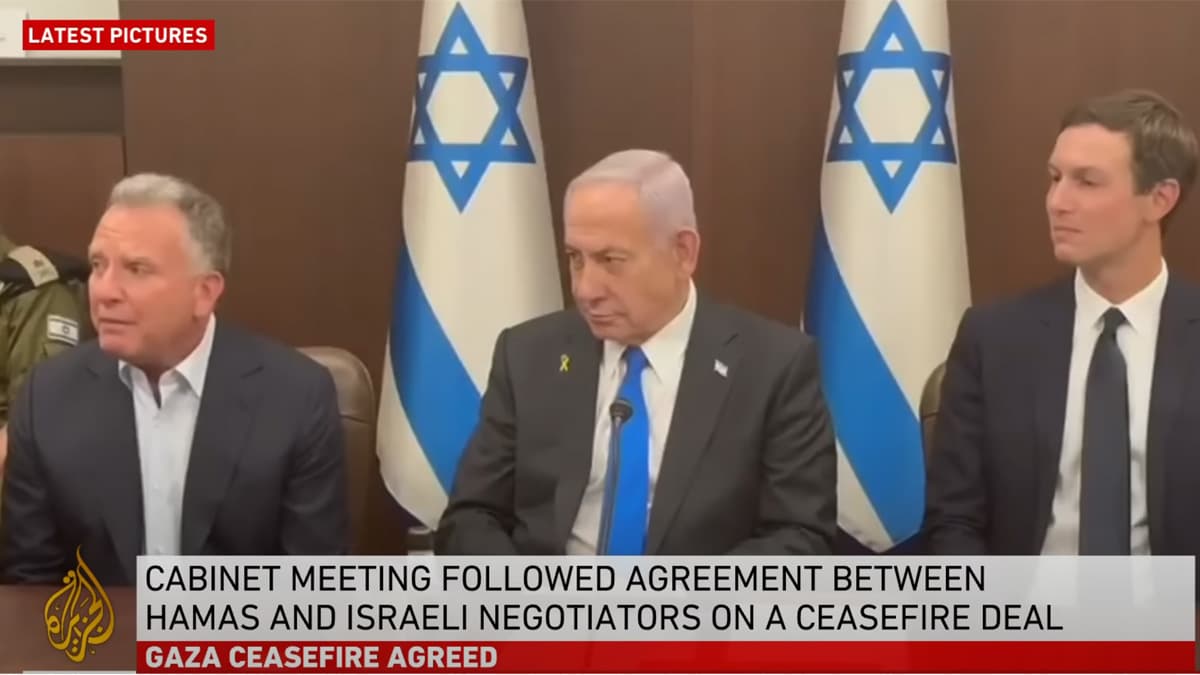
- Israel ratifies a ceasefire with Hamas, set to begin within 24 hours, with hostages expected to be released within 72 hours.
- The war, which started on 7 October 2023, has resulted in over 67,000 Palestinian deaths and significant destruction across Gaza.
- The deal is part of a wider US-backed plan, though challenges remain, including internal Israeli dissent and questions over Gaza's future governance.
The Israeli government has ratified a ceasefire agreement with the Palestinian militant group Hamas, in a move aimed at ending two years of conflict in Gaza. The cabinet approved the deal early on 10 October 2025, clearing the way for fighting to stop within 24 hours and for Israeli hostages to be released within 72 hours.
The agreement was brokered with the involvement of the United States and other international mediators. Under the terms, Israel will begin a partial military withdrawal from Gaza, Hamas will release the remaining hostages, and hundreds of Palestinian prisoners held by Israel will be freed.
The announcement was made via Israeli Prime Minister Benjamin Netanyahu’s official X account, stating, “The government has just now approved the framework for the release of all of the hostages – the living and the deceased.”
The war began on 7 October 2023, when Hamas-led fighters launched a surprise cross-border assault into Israel, killing approximately 1,200 people and capturing 251 hostages. The attack was widely seen as a profound security failure for Israel, which maintains one of the most sophisticated surveillance and intelligence networks along the Gaza border.
Despite widespread domestic and international pressure, an official commission of inquiry into the events of 7 October has not yet been launched. Questions persist about how such an attack could have occurred undetected. Analysts have noted that the level of coordination required for the assault would have likely triggered intelligence alerts under normal circumstances.
Adding to public concern, an investigative report by Haaretz, published in late 2024, found evidence suggesting that Israeli military forces may have opened fire on Israeli civilians during the 7 October attack.
According to the report, some soldiers acted to prevent hostages from being taken into Gaza, with the result that civilians may have been killed by friendly fire. These findings remain unconfirmed by the Israeli government, which has not issued a formal response to the investigation.
Israel launched its military campaign in Gaza shortly after the attack, stating four key goals: toppling Hamas as a governing authority, dismantling its military infrastructure, removing the terrorist threat from Gaza, securing the release of hostages, and restoring border security for Israeli citizens.
Since then, the humanitarian toll has been severe. Gaza’s health authorities report over 67,000 Palestinians killed, with large swathes of the territory flattened by airstrikes and ground operations. Hundreds of thousands of civilians have been displaced, many living in makeshift camps.
It has been estimated that Israel has dropped about 200,000 tons of explosives on Gaza since 7 October, equivalent to nearly 13 Hiroshima bombs.
Under the ceasefire agreement, humanitarian corridors will be opened, allowing a surge of aid trucks carrying food, water, and medical supplies into Gaza. These efforts aim to alleviate the humanitarian crisis and prevent further civilian casualties.
Implementation challenges remain. A Palestinian official told Reuters that the list of prisoners to be released was not yet finalised. Hamas is requesting the release of prominent detainees, including those convicted in high-profile cases, as well as individuals detained during recent military operations.
The ceasefire is part of a broader 20-point plan led by US President Donald Trump. While the deal represents a significant diplomatic step, many of the plan’s components—particularly those concerning post-war governance in Gaza and the future of Hamas—remain undecided.
Within Israel’s ruling coalition, divisions have surfaced. Far-right National Security Minister Itamar Ben-Gvir opposed the deal and warned he would vote to topple the government if Hamas is not dismantled. Finance Minister Bezalel Smotrich echoed that view, saying military action must continue until Hamas is eradicated.
Nonetheless, the announcement was welcomed by many Israelis and Palestinians. In Gaza, Abdul Majeed Abd Rabbo told Reuters from Khan Younis, “Thank God for the ceasefire, the end of bloodshed and killing.”
In Tel Aviv, families of hostages gathered in Hostages Square to celebrate. Einav Zaugauker, whose son Matan is still held in Gaza, said, “I can't breathe, I can't explain what I’m feeling … it’s crazy.”
Ahead of the ceasefire taking effect, Israeli strikes in Gaza continued but with reduced intensity. Local reports indicated seven people were killed in two separate incidents. Signs also emerged of Israeli troop withdrawals, with observers noting the dismantling of surveillance equipment and troop positions.
US President Trump announced he would travel to the region on Sunday, potentially to attend a formal signing ceremony in Egypt. He has been invited to address the Israeli Knesset, which would be the first such address by a US president since 2008.
The ceasefire has received broad international support, though questions about justice, accountability, and long-term peace persist. In the West Bank, where illegal settlements continue to expand, tensions remain high.
The United Nations and several human rights organisations have repeatedly called for a halt to settlement activity, which is considered a violation of international law.
In a landmark report released in Geneva on 9 October 2025, the United Nations Independent International Commission of Inquiry on the Occupied Palestinian Territory concluded that Israel has committed genocide against Palestinians in Gaza.
Separately, the International Association of Genocide Scholars (IAGS), the world’s leading body of genocide researchers, voted in support of a resolution declaring that Israel’s actions in Gaza meet the legal definition of genocide.


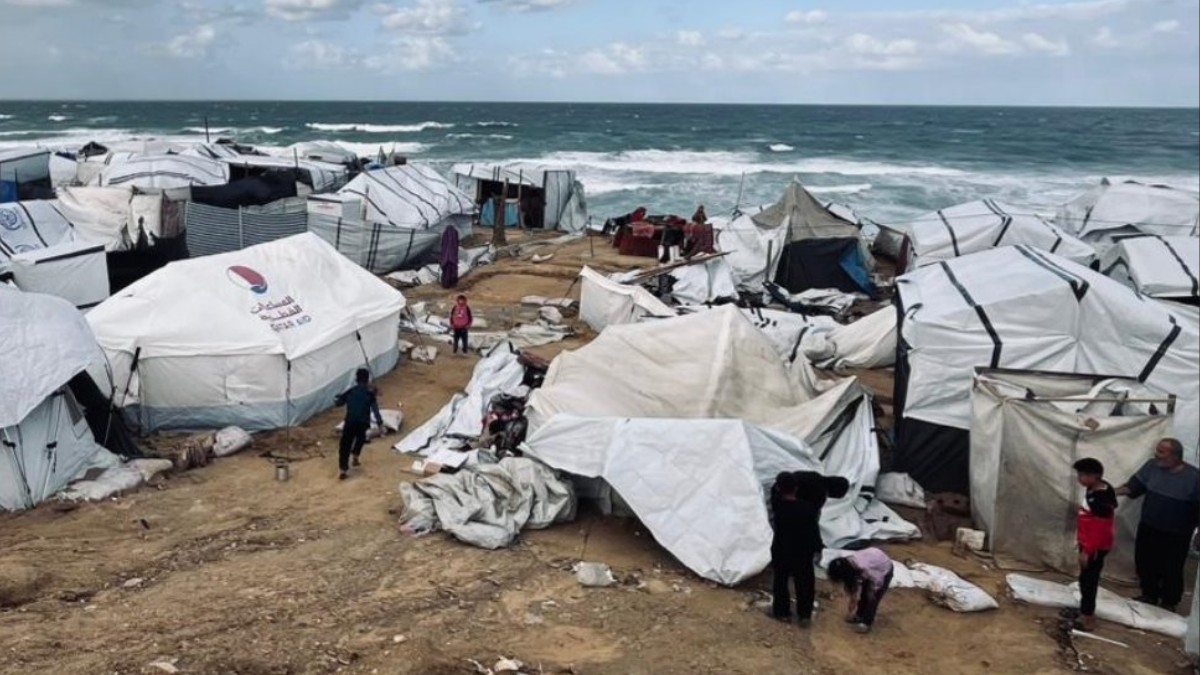
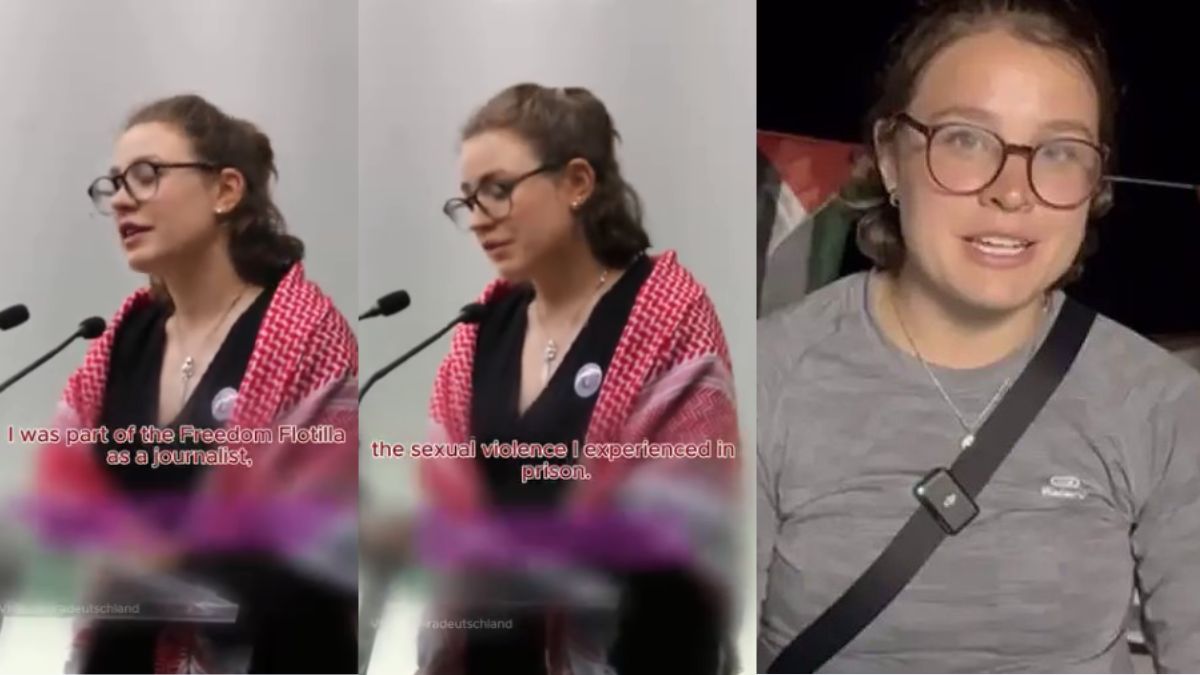
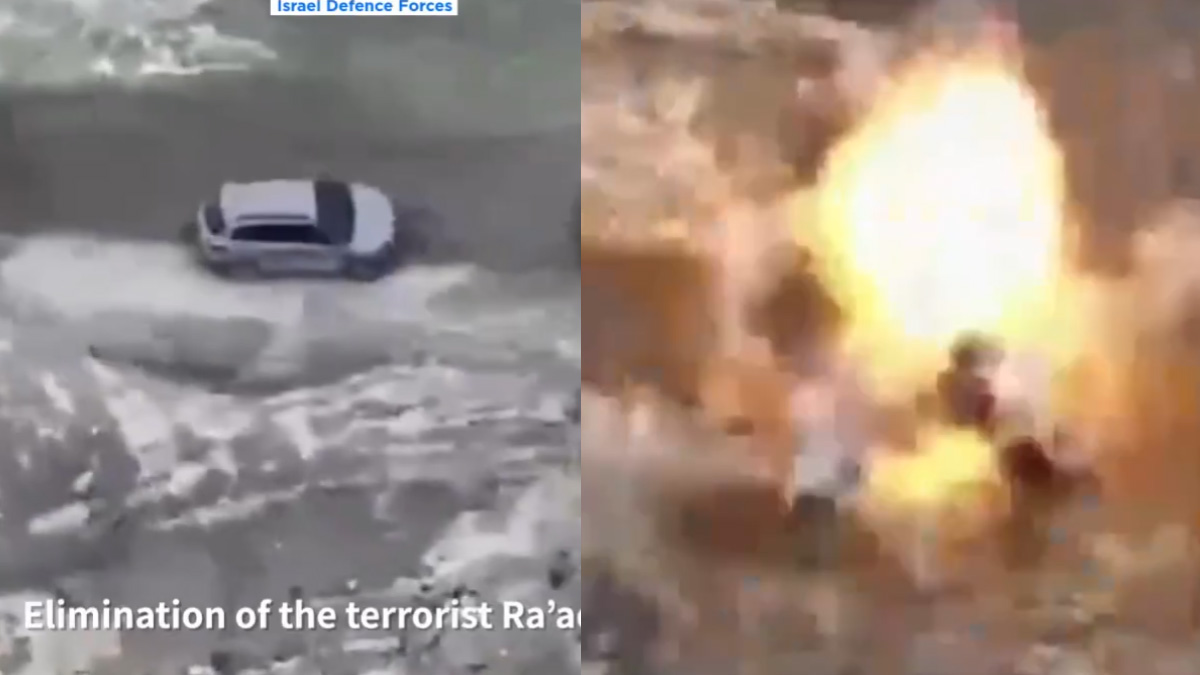
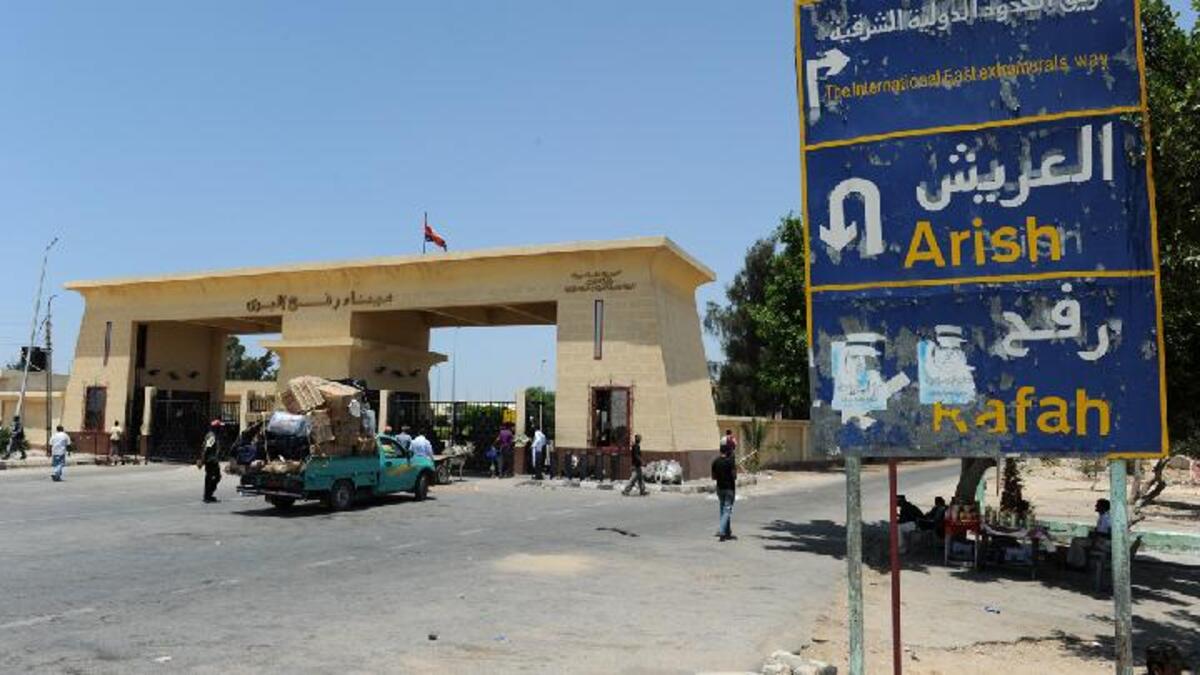

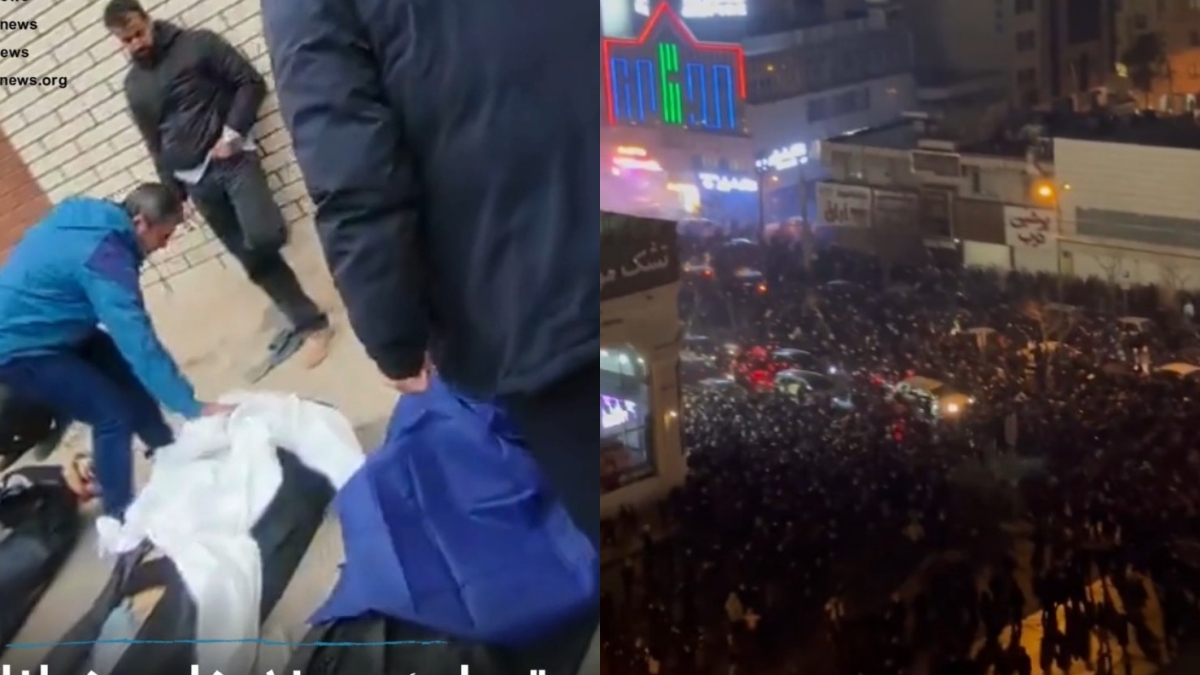

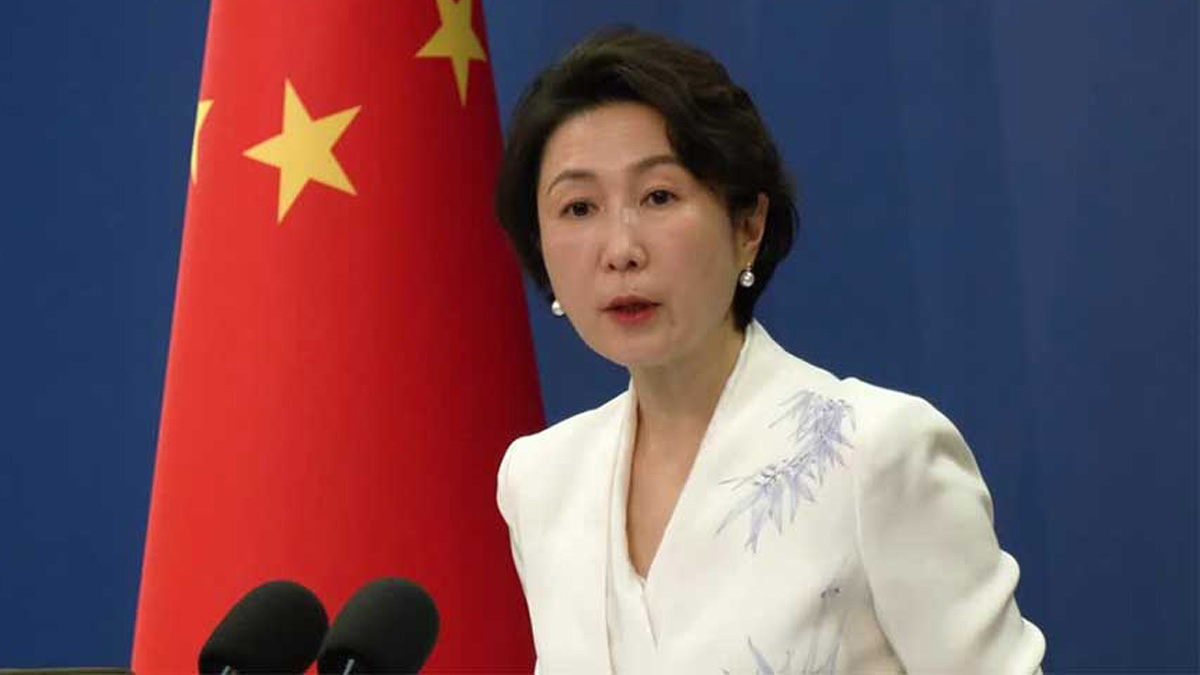


0 Comments